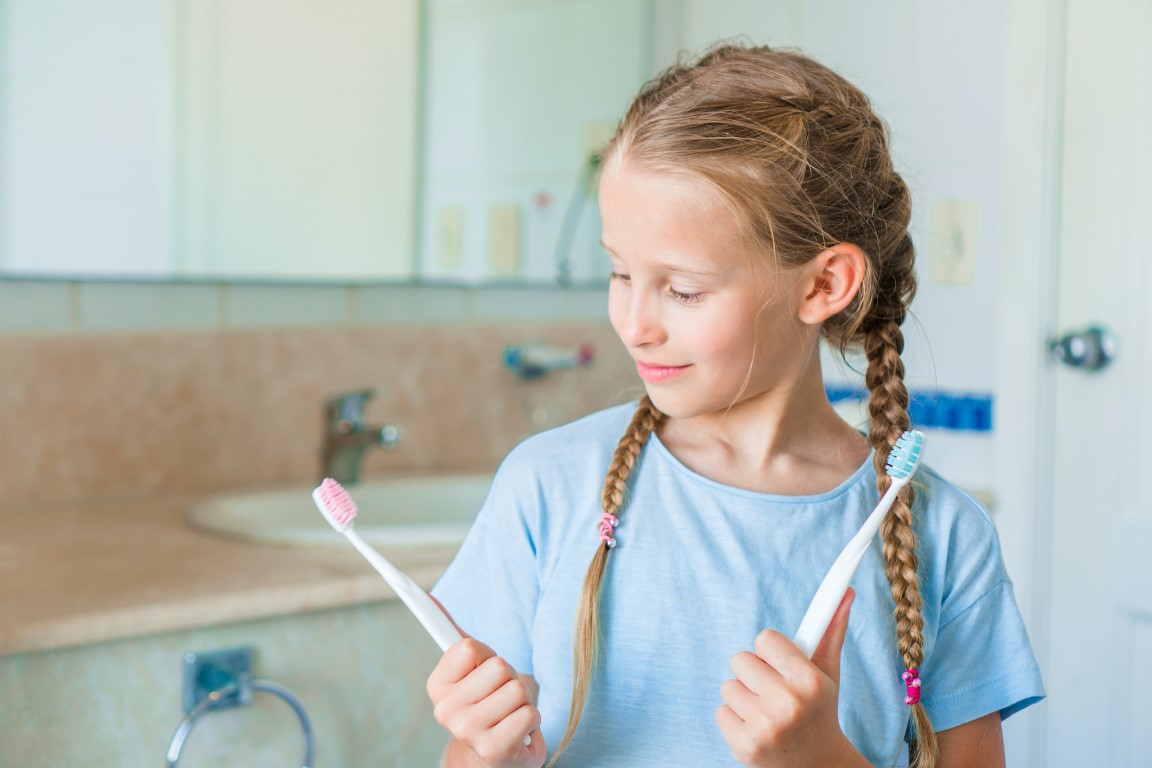We are all cautious about the smell of our breath, especially when in public. The smell of our breath contributes to our self-esteem. Therefore, we use means like mouthwashes, dental floss, and toothbrushes to keep good oral hygiene. Some people brush twice a day while others three times. No matter how frequent we brush, our oral hygiene is inadequate if we do not take proper care of our toothbrushes. We usually think that a simple rinse of the toothbrush after each brush is enough to keep to it clean. However, our toothbrushes have microscopic dirt that when accumulated, can have several health consequences.
How Dirty is Your Toothbrush?
How dirty your toothbrush is will depend largely on how you store and clean it after use. It also depends on the period of use of your toothbrush. This is why it is recommended that you change your toothbrush every three months.
Your toothbrush is pretty dirty, more than 10 million bacteria reside on your toothbrush as off the moment. The numbers can be higher if you have been using your toothbrush for more than three months. Bacteria that reside on your toothbrush are generally harmless. Some are bacteria naturally found in your body such as Staphylococcus aureus and others like Escherichia coli and Streptococcus mutans. It also harbors viruses and fungi. Over 70% of toothbrushes have more than one type of microorganism.
You are probably wondering where the microorganisms come from considering you wash your toothbrush in running water about two to three times a day, depending on how frequent you brush. The microorganisms originate from your mouth and the environment where you store your toothbrush. Your mouth contains over 200 types of bacteria that can get left behind on your toothbrush while you brush.
The way you store your toothbrush will also determine how dirty it is. Where do you keep your toothbrush? Do you keep it in the bathroom or the bedroom? If you keep it in the bathroom, how close is it to the toilet? These questions will help you predict just how dirty your toothbrush is.
Most people store toothbrushes in the bathroom. The bathroom lacks adequate ventilation and lighting, which are excellent conditions for the growth of microorganisms. Additionally, it is close to the toilet. The toilet has a splash zone when you flush it. Anything within the splash zone can be contaminated with fecal debris when you flush the toilet, and your toothbrush is no exception.
A particular study showed that about 55% of toothbrushes contain fecal debris due to their proximity to the toilet. To avoid contamination of your toothbrush with fecal debris, always flush the toilet after putting the lid down. Sinks also contaminate toothbrushes through any organic debris they possess. When you wash your hands in the sink, you leave behind dirt that can easily contaminate your toothbrush when cleaning it at the sink after use.
Keep your toothbrush in the open to let it dry appropriately. When you keep it in enclosed plastic containers or caps, it retains moisture for an extended period. The moist conditions of the toothbrush promote the growth of microorganisms.
Harms of Using a Dirty Toothbrush
Using a dirty toothbrush can have health implications. Although microorganisms present on a dirty toothbrush are generally harmless, they can cause diseases by accessing the bloodstream.
Presence of oral ulcers breaks in your gum, or dental infections such as gingivitis, can pave the way for microorganisms into your bloodstream. Depending on the existing bacteria in your toothbrush, the infections can range from oral infections to general body infections. Bacteria like Streptococcus mutans causes oral infections like dental caries and tooth decay, while others like E.coli causes gastrointestinal issues like diarrhea. Viruses that can be present in toothbrushes are mainly the herpes simplex virus and hepatitis virus.
Herpes simplex presents as cold sores around the mouth, while hepatitis causes liver damage. Fungi like Candida albicans are particularly dangerous when found on the toothbrush of your child; it causes thrush. Thrush is a condition that affects the mucous membrane of the mouth of the baby; it appears as a white layer on your child’s tongue that can be scrapped off. When scrapped off, it can cause bleeding.
If you have been using your toothbrush longer than three months, then it’s time to replace it. In addition to replacing your toothbrush, don’t forget to visit us at the Upper Hunt Club Dental Centre in Ottawa for regular checkups and cleanings to maintain good oral health. Contact us today to schedule an appointment.













